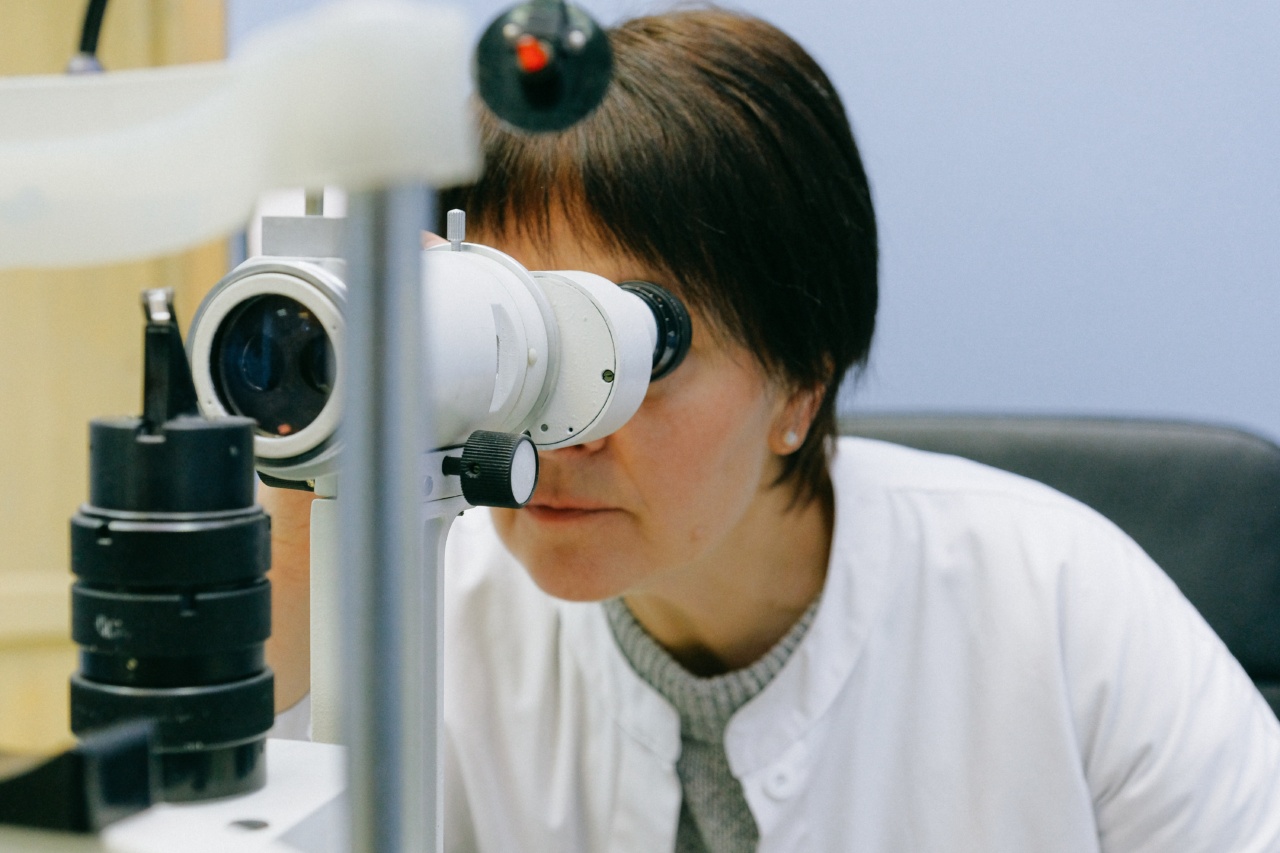Autism Spectrum Disorder (ASD) affects millions of children and adults around the world. It is a developmental disorder that impairs a person’s ability to communicate and interact with others.
Autism can make it difficult for individuals to express their needs and desires, as well as comprehend social cues. This often leads to difficulties in forming relationships, making eye contact, and engaging in social activities.
Early diagnosis is essential for managing the symptoms of autism and improving lifelong outcomes. Routine examination often provides a timely diagnosis, enabling parents and caregivers to take necessary steps to support the child’s development.
What is Autism Spectrum Disorder?
Autism Spectrum Disorder is a neurodevelopmental disorder that affects how a person interacts with others, processes information, and communicates.
It is called a “spectrum” disorder because it can manifest in many different ways and degrees of severity.
Some common signs of autism include:.
- Lack of eye contact
- Difficulty with social interaction
- Delayed language development
- Repetitive behaviors or routines
- Difficulty with transitions or changes in routine
These symptoms often become apparent in early childhood, but in some cases, they may not be noticed until later in life.
Why is Early Diagnosis Important?
Early diagnosis is critical for individuals with autism spectrum disorder. Research indicates that early intervention can greatly improve outcomes, helping children to develop social and communication skills and manage challenging behaviors.
By diagnosing autism early, parents and caregivers can begin seeking treatment and support, which can help prevent or reduce the severity of symptoms.
Early diagnosis also allows for the implementation of programs and therapies that can improve a child’s future success and quality of life.
Routine Examination and Autism Diagnosis
Routine examination is an essential part of diagnosing autism spectrum disorder, as it provides an opportunity for healthcare providers to observe and identify unusual behaviors or developmental delays in children.
During a routine examination, a healthcare provider may:.
- Ask questions about the child’s developmental milestones
- Observe the child’s interactions with others
- Assess the child’s communication skills
- Administer developmental screening tests
If a healthcare provider suspects autism, they may refer the child to a specialist for further evaluation.
Specialist Evaluation for Autism Diagnosis
If a healthcare provider suspects autism, they may refer the child to a specialist for in-depth evaluation. This evaluation may include:.
- Developmental history-taking with parents and caregivers
- Direct observation of the child’s play and interaction with others
- Formal diagnostic tests and assessments
- Behavioral assessments to identify areas of difficulty
Following the evaluation, the specialist will provide a diagnosis of autism spectrum disorder if appropriate. They can also help parents and caregivers develop a treatment plan that is tailored to the individual needs of the child.
Early Intervention for Autism Spectrum Disorder
Early intervention is essential for managing symptoms of autism spectrum disorder and improving outcomes. Parents and caregivers can work with healthcare providers and specialists to develop an intervention plan that addresses the child’s unique needs.
Intervention may include:.
- Behavioral therapy to improve communication and social skills
- Speech or occupational therapy to improve fine motor skills and language development
- Educational interventions to support learning
- Medication to manage symptoms such as anxiety, depression, or hyperactivity
With early diagnosis and intervention, many children with autism spectrum disorder can learn important social, communication, and adaptive skills, which can help them improve their quality of life and succeed in school and other settings.
Conclusion
Autism spectrum disorder affects many children and adults around the world, but early diagnosis and intervention can make a significant difference in managing symptoms and ensuring the best outcomes.
Routine examination provides an opportunity to observe and identify developmental delays or unusual behaviors that may indicate autism. Early diagnosis enables parents and caregivers to seek appropriate treatment and support, which can help improve a child’s lifelong success and quality of life.






























